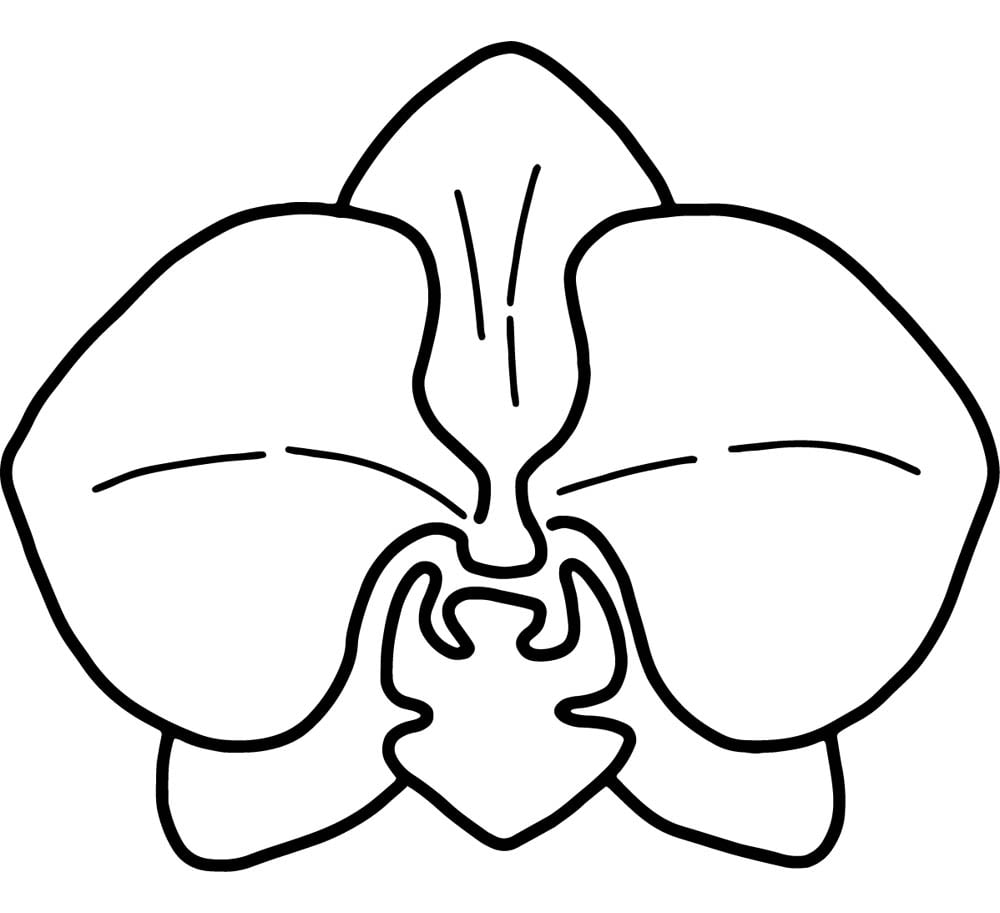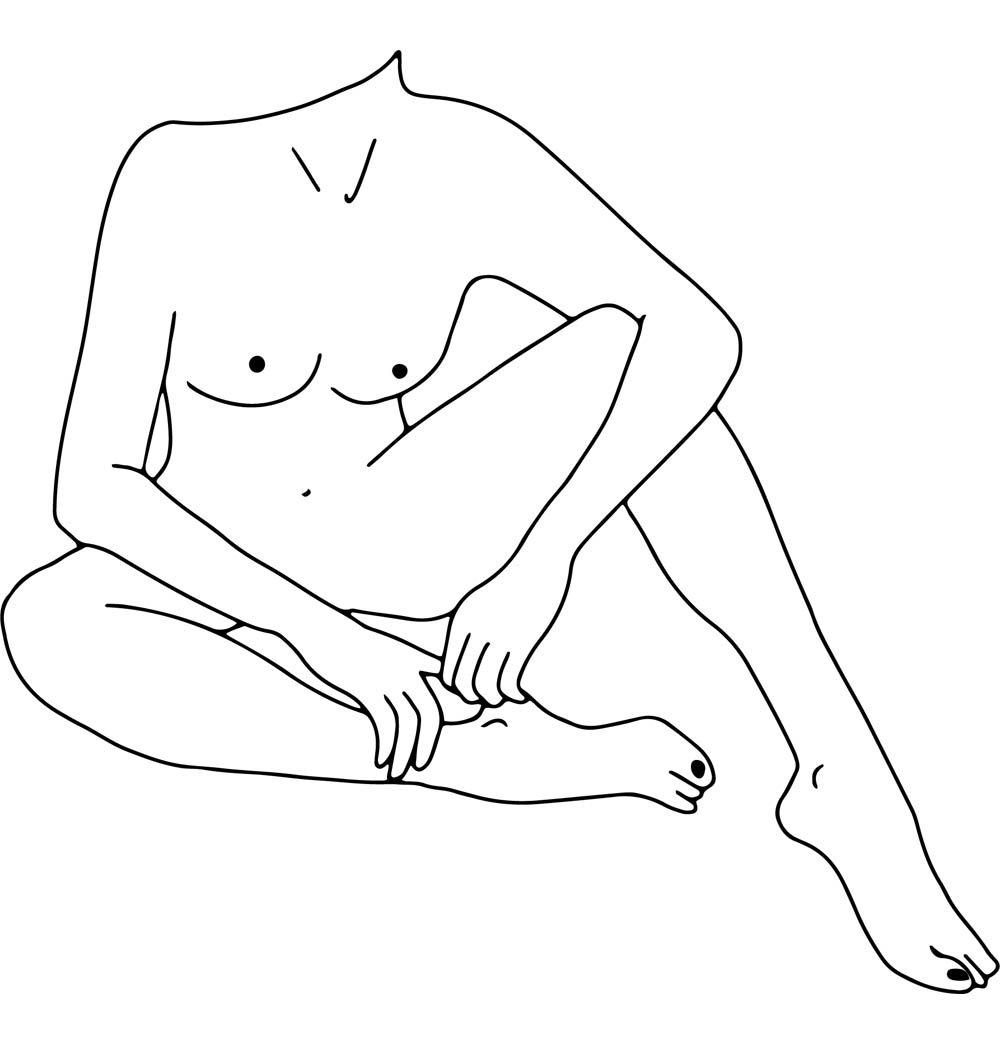This discreet newsletter will teach you how to make him cum hard, give freaky blow jobs & make him scream your name in bed. Click here to get it.

Sexual health is no laughing matter, so it’s important to seek out your doctor and start treatment as soon as you experienced symptoms of any infection.
This guide will tell you everything you need to learn about bacterial vaginosis, so you can get back to passionate sex and quit worrying!
Side note: If you are currently struggling to orgasm during sex or masturbation, then you may want to learn about the Easy Orgasm Solution. It will teach you how to have multiple vaginal, clitoral and full body orgasms during sex and masturbation. It works even if you currently struggle to orgasm during sex or when masturbating. You can find out more here.
What is Bacterial Vaginosis?
Bacterial Vaginosis literally translates into a bacterial infection of the vagina, but before you get too frightened over your symptoms or even a diagnoses, there are a few things you need to understand. Bacterial Vaginosis, better known as BV, is fairly common. In fact, the CDC calls it the most common vaginal condition in women between the ages of 15 and 44 [1].
A bacterial infection in the vagina simply means that your levels of bacteria are imbalanced. The vagina contains natural and healthy bacteria, but introduction of unnatural bacteria, especially at high levels, can lead to BV.
This infection is often listed as an STI. But while BV can be caused by sex, it’s not always transferred through intercourse. There are also a myriad of causes, and you can be diagnosed with BV even if you haven’t had sex. Here are a few of the causes and factors that can lead to this type of infection.
- Sex toy use
- Non-breathable/synthetic material in underwear
- Douching
- Having a new partner
- Having multiple partners
- IUDs
- Smoking
- Using antibiotics
- Switching laundry detergents and personal soaps
- Partners with uncircumcised penises (more tips on that here)
The CDC admits that the exact cause for every case of BV is unknown, but rest assured that a positive diagnosis is generally not serious or life threatening.
You may be able to decrease the likelihood of getting bacterial vaginosis if you wear cotton undies, wash inside your vagina only with water, carefully clean sex toys before and after use, think twice about using household items as sexy toys and use condoms with all sexual partners, especially with multiple partners. These practices are good for sexual health in general, but they don’t guarantee that you won’t get BV, especially if you’ve had it before.
Squirting: Any woman can experience the intense pleasure of squirting, if you follow the right process. I demonstrate the most powerful squirting techniques and explain the process, step-by-step in the Squirting Magic Guide.
What Are Symptoms of BV?

Bacterial Vaginosis shares a number of symptoms with other STIs and also yeast infections. More information here.
You may have a vaginal infection if you display any of the following symptoms:
- Thick discharge, typically white or grey
- Strong fishy smell, more obvious after sex. Normal vaginas don’t smell. 7 treatments for getting rid of vaginal odor.
- Uncomfortable pain, itching or burning
- Burning while peeing
- Painful sex
Some of these symptoms are symptoms are shared with other sexually-transmitted infections, especially Trichomoniasis, HPV, Chlamydia and Gonorrhea, among others. Many women also mistake this type of infection for a yeast infection. That’s why it’s important for you to see your doctor as soon as you experience any symptoms of bacterial vaginosis.
However, it’s possible for you to have BV and not have any symptoms. Your doctor can determine if you have BV by examining your vagina and performing lab tests on samples.
How Do You Treat BV?
Generally, your OBGYN or general doctor will prescribe a round of antibiotics.
It’s important that you take all of the medication even if the signs of infection have disappeared. Like any other infection, bacterial vaginosis may still be present even if you can’t tell. If your antibiotics aren’t given a chance to fully kick butt, the infection could return with a vengeance in the future. BV is one infection that recurs frequently with women, even if you do take a full round of antibiotics. MedicineNet states that over half of all women who have treated BV will experience renewed symptoms within a year. Source.
Common antibiotics prescribed for bacterial vaginosis include metronidazole (Flagyl) and tinidazole (Tindamax). Both are taken orally, but the latter may have less side effects. Your doctor might prescribe a cream or gel to use vaginally. Metrogel and Cleocin are both effective at relieving vaginal bacterial infections.
BV may go away on its own, but the CDC strongly advises pregnant women to seek treatment. Source.
Talk dirty confidently: It's surprisingly easy to turn a man on and have him lusting for you, by using a few simple dirty phrases. You'll find these dirty phrases in the Wild Dirty Talk Guide. You'll also learn how to confidently say them.
Aside from recurring infections, BV can also make you more vulnerable to other STIs, including HIV, herpes, Chlamydia and gonorrhea. In fact, having a bacterial infection can even increase the chance of passing HIV to a sexual partner. Source. Using condoms when you’re experiencing BV is a smart move, and we’ve got the low-down on condoms in this post.
Are There Natural Treatments?
Although the CDC and Planned Parenthood both recommend antibiotics, you may prefer to treat BV without the help of chemicals, which your body can become resistant To. The CDC states that every time you take an antibiotic, the drugs can become less effective in the future. Source.
Fortunately, there are a number of other methods you can try, almost of all which are less expensive than seeing a doctor who prescribes medication. Try some of the following cures and treatments for BV at home.
Hydrogen peroxide
A small group of women douched with 30 millimeters of hydrogen peroxide daily for a week, and 89% of them experienced relief from symptoms. However, doctors warn against such a high dosage of hydrogen peroxide vaginally because it can cause irritation to the sensitive skin in and around the vagina. Instead, doctors recommend trying Metrogel instead. Source.
Boric acid

Boric acid is a weak acid that’s sometimes used as an antiseptic. The alkalinity of boric acid when used as a vaginal douche, has been proven to be effective at treating bacterial vaginosis. Boric acid suppositories can also be effective against yeast infections, so keeping some on hand is beneficial when you’re not sure which infection is causing symptoms. According to the CDC, you can also take boric acid in the form of a capsule that you insert vaginally is especially effective against BV. You can pair boric acid with antibiotics, or you can try it by itself to see if it will help.
Vaginal Probiotics
Just like you can purchase probiotics to help balance the bacteria in your GI tract, you can also purchase similar products to balance vaginal bacteria and pH. You can proactively use these products to prevent BV, or you can use them after signs of an infection crop up. Two products include RepHresh, a gel, and Enzymatic Therapy, which comes in the form of pearls that you insert vaginally. The latter contains lactoferrin, which may help treat bacterial vaginosis.
One Medical professionals recommend using products that contain lactobacillus to keep vaginal bacteria in check. You can find products in the form of vaginal capsules, powders, juice concentrates and chewable pills. Lactobacillus and Nature’s Way Primadophilus Optima Women’s are two of the many brands you’ll find to keep your vaginal bacteria balanced. These products are available from vitamin stores and pharmacies.
Milk naturally contains lactobacilli, so you cam dip a tampon into chilled milk and insert for up to two hours or try a mixture of warm milk and one teaspoon of turmeric powder in a glass for an oral treatment.
But before you try any remedy, make sure you get your doctor’s advice first.
Home Remedies to Treat BV
If your recurring bacterial infections resist any of the above methods, you’ve got other options to consider. For example, adding 1 to 2 cups of apple cider vinegar to your bath water can help combat BV. Tea tree oil is a common natural antiseptic that can be used that can be added to your bathwater like you would with the apple cider vinegar.
You can also dip a cotton pad in plain yogurt and apply it to the infected area for 30 minutes up to three times daily. The health bacteria in the yogurt helps relieve BV symptoms. If you’d rather eat yogurt, try mixing in one teaspoon of fenugreek and eat it for a week, or until your symptoms subside.
Finally, you can consider crushing three to four garlic cloves, applying it to the vulva or vagina for 20 minutes and then rinsing it off. An alternative than applying mashed garlic to your nether bits is to wrap a small glove in gauze and insert it vaginally for up to thirty minutes per day until symptoms are gone. Garlic is a common home remedy for all sorts of infections, especially those in the mouth. It can provide pain relief, and according to a recent study, combats MRSA when added to an ancient recipe. Source.
Although bacterial infections are never fun, BV is fortunately very treatable and not as potentially harmful as other vaginal infections. The last to mention on bacterial vaginosis and any remedy, is that you must talk to your doctor first before trying out anything to ensure that it’s safe and effective.
Orgasm Every Time. Easily. Here’s How...
I want to tell you about my friend Karen.
Karen came to me one day. She was hysterical.
She told me that her marriage was falling apart because she and her husband didn’t have satisfying sex.
Every time they were intimate, Karen was faking her orgasms. It turns out she couldn’t orgasm during sex.
In fact...
She never had an orgasm in her entire life. Not one!
This left her feeling embarrassed and ashamed.
Even worse...
She stopped wanting sex with her husband, slowly driving him away, and...
Almost destroying her marriage. Thankfully...
It turns out that there is a simple solution for women who struggle to orgasm, whether you are having sex or masturbating.
I shared the process with Karen.
After she followed the simple process, she could barely come to terms with how...
Quickly and dramatically her sex life changed.
We met up a few months later and...
She would not stop talking about it,
“I thought I was one of those women who couldn’t orgasm. I used to think I was ‘broken’ and ‘unfixable.’ This saved my sex life, and that saved my marriage.”
Even if you currently struggle to orgasm during sex or while masturbating, this process will also work for you.
And best of all, you don’t need to do anything weird or uncomfortable to start having the best orgasms and sex of your life.


Wonderful tips. Thanks Adriana.
All other articles I read on this suggested the garlic, but only about ingesting it. I’ll have to try the crushed garlic rub as I’m about to shower soon anyways.
Yikes, don’t be putting any food items up there, all other types of bacteria can be on it! Fragrance free non-bio detergent, soap (Dove micellar) just not on your vulva directly! Find pills that contain loactobacillus rhomenei, rhamnosus & acidophilus. Reduce sugar in your diet; cotton, loose pants; fragrance free cotton pads (not tampons). If you’re sweaty, change & wash as soon as possible, keep some fragrance free wipes handy if not. Condoms on everything, and consider birth control that stops your periods as blood alters the pH also. And a lot of praying…